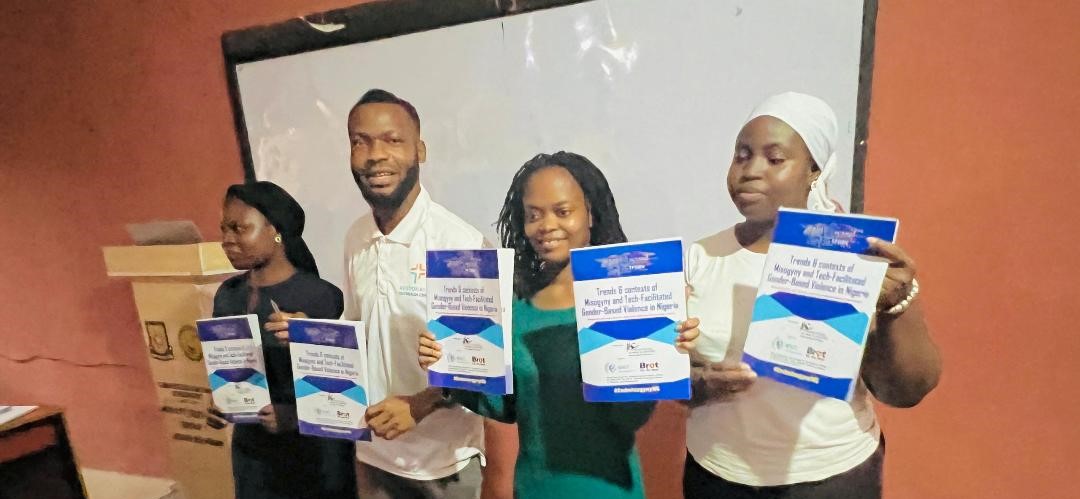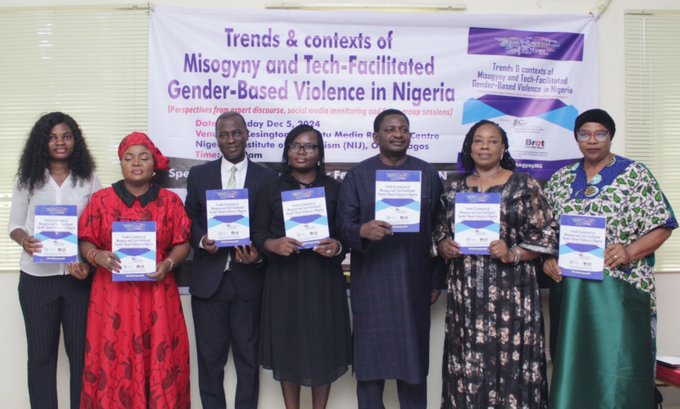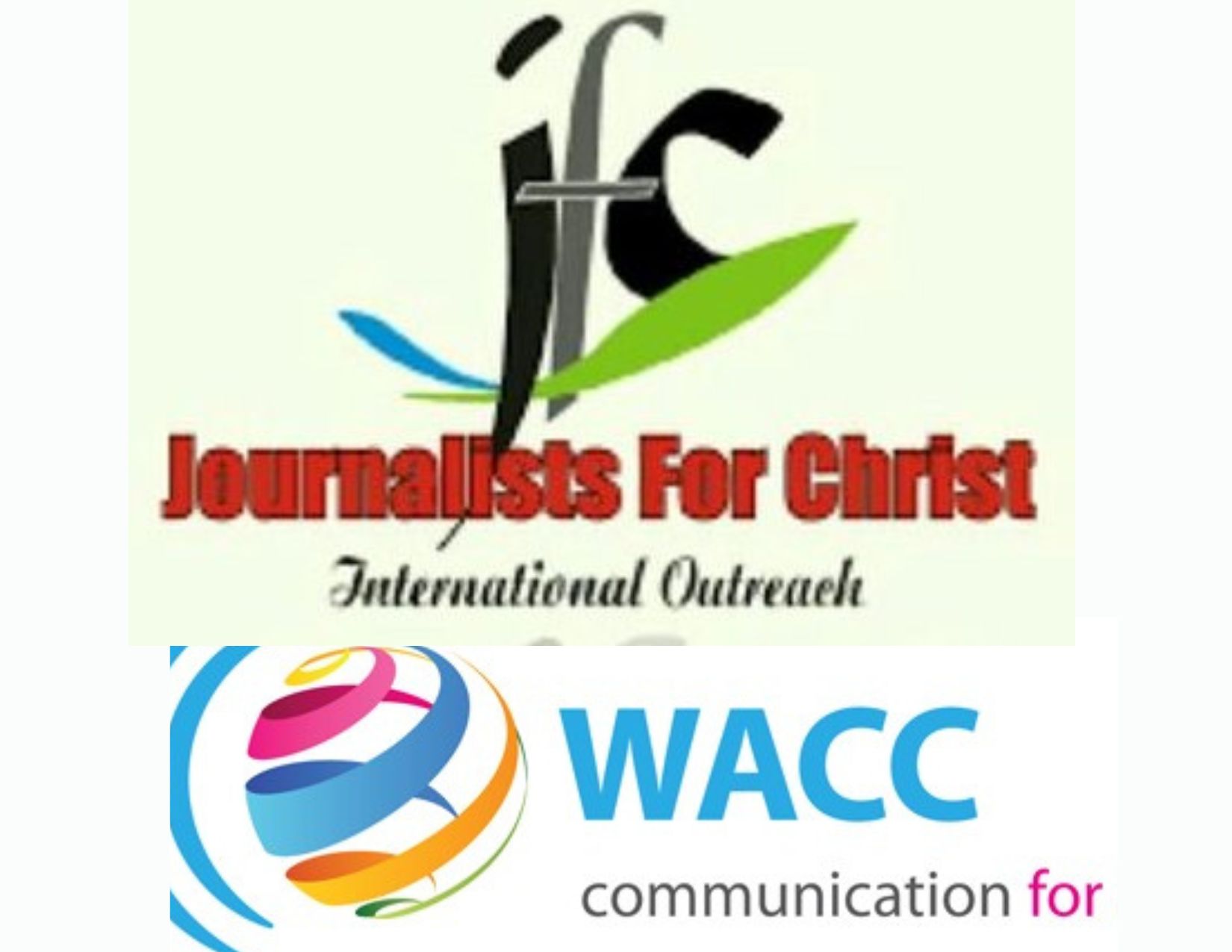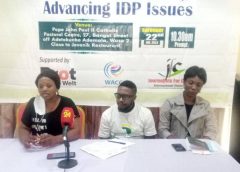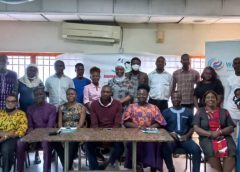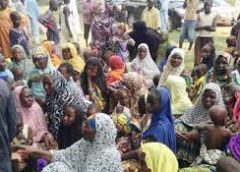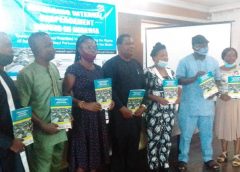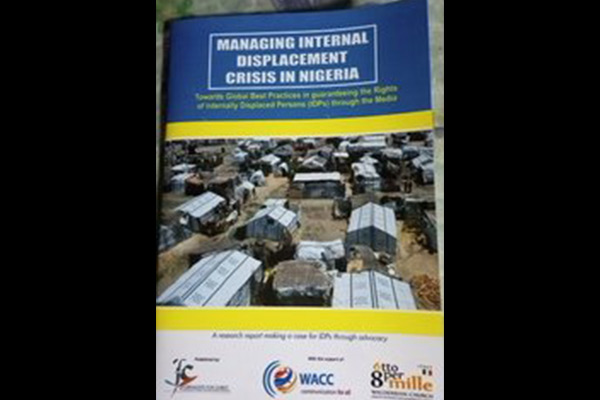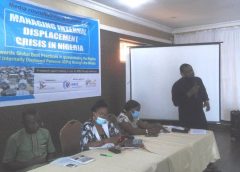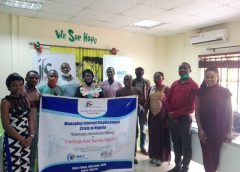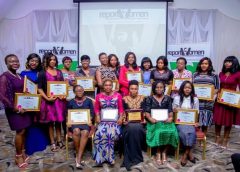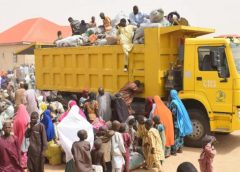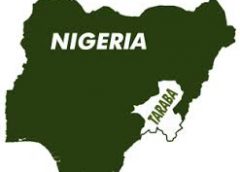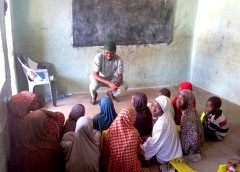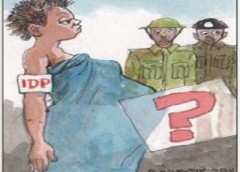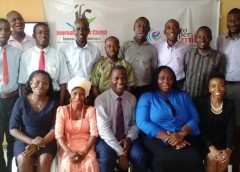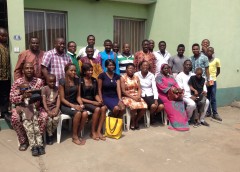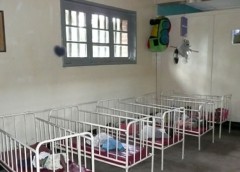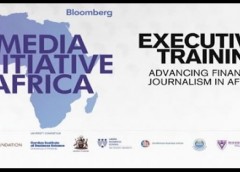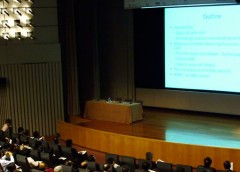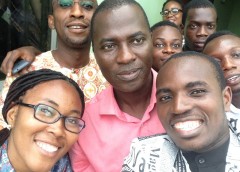
MAINSTREAMING GENDER IN MEDIA REPORTING
BY BETTY ABAH
Presentation at JFC’s workshop)
Definition: Gender mainstreaming is the public policy concept of assessing the different implications for women and men of any planned policy action, including legislation and programmes, in all areas and levels.
Gender Mainstreaming is about equality, equity, it is about justice, it is about balance.
Why Gender Mainstreaming in the media?
Because in Africa, most times, editors, reporters and even the reading public are victims of the socialization of patriarchy and tend to see things, almost always from the man’s point of view. Most times, subconsciously, women, girls’ and children’s voices are silenced in the fine art of reporting. Many of us reporters can identify with this. Sometime you go to a community to report a disaster that has affected everyone including men, women, girls, boys, infants, yet it is the ‘chief and elders’ (meaning, ofcourse, male elders) who would speak on the behalf of everyone.
Thus mainstreaming gender in the media is an urgent task that must be done – the need for reporters to report, as we often say but sometime don’t practice— ‘all sides of the story’ meaning as the issues affect both sexes— i.e. the gender impacts.
If this is not consciously done, left for communities, only men’s voices would be heard and the situations will only be portrayed from the male points of views.
In other word, it is called the ‘gender lenses’. It is a consciousness. It is required. It is just. It is fair. It is professional especially in light of our male-dominated world.
GENDER ISSUES REQUIRING MEDIA HIGHLIGHT:
Besides the need to report using the ‘gender lenses’ in general reporting, it is pertinent for news media organisations to focus consciously on the often under-reported issues revolving around the plights of girls, women and children. Some of them are outlined briefly below with accompanying statistics to back up the fact of their importance and the urgency needed to focus on them.
Girl Marriage
Nigeria has the highest rate of girl marriage in Africa, according to UNICEF: over 50% of women in Northern are Nigeria married before or by age 16.
According to a recent report by Ford Foundation, about 48% of girls in Nigeria, predominantly in rural areas, are married off before age 18. Cases of VVF, maternal mortality, girls murdering their husbands in revolt against child marriages, have been on the increase especially in rural areas.
According to a 2013/2014 UNESCO report, Nigeria has the highest number of out-of-school children, numbering 11 million. This owes mostly to economic hardship and government’s indifference to children’s and the non-implementation of the Access to Universal Basic Education law in addition to the on-going anti-western education insurgency in the north. Out of this, girls are in the majority. The gross lack of interest in girl education and welfare has given rise to child marriage as economically-hit families want to ‘do away’ quickly with their girl children so as to give priority attention to their boy counterparts. Besides poverty, a lack of awareness, illiteracy, cultural practice and government’s general apathy towards rural development have also been blamed.
Many have also linked this to lack of political will and sincerity on the part of government both at federal and state levels to enforce the C Child’s Rights Act. The mass abduction of the more than 200 school girls by the Boko Haram sect in Bornu State last April, obvious sexual violations and their alleged forced marriage to the sect’s commanders, threw international limelight on how very vulnerable girls in Nigeria currently are. However, while the reports and researches on girl marriage prevalence have focused on rural and impoverished areas for a long time, recent findings have revealed a steady culture of girl marriage in communities in Lagos (Nigeria’s most educated and most cosmopolitan state). This is highly prevalent especially the settler and secluded populations of the Hausa-Fulani, Nupes and other tribes from Northern Nigeria. Others are minority populations from Benin Republic and Togo. The communities include Makoko, Ottodo-Gbame, Badagry (both on and Island), Ojo, New Okoba among others.
Rape. Rape. Rape
Rape news has become a daily item on virtually every news medium in Nigeria. The fact that we have had only 18 convictions so far in Nigeria portrays a bleak reality of the weakness of our legal system in dealing with rape and the fact that culprits get away all the time to go commit yet another rape of the very innocent. More troubling is also the rape of minors which have become very prevalent now.
AGRICULTURE AND WOMEN POVERTY
According to an Oxfam statistics, women own only about 11% of land globally while they do 70 per cent of farmwork. Closely associated to this is rural poverty. A diabolic mix of policies (such as the conditions by finance institutions which make access to capital by women almost impossible) and cultural inhibitions, women continue to be ‘the face of poverty’ worldwide.
VIOLENCE/Militarisation
Women are the face of war victims everywhere, whether in Nigeria’s North East (Boko Haram), Congo, Rwanda, Sudan or elsewhere. They are the ‘spoils of war’ by rebel and even government forces (eg the recent case of rape by UN Peace Keeping Forces in South Sudan).
It is sad that most of the revealing and most comprehensive reports on the Boko Haram insurgency have been the ones covered by Western media such as the Washington Post, CNN, the BBC and Al Jezira. Where are our local media?
Female Circumcision:
“Over 6 million women in South West Nigeria victims of female genital mutilation.’’
Female circumcision (or Female Genital Mutilation aka FGM) still goes on in several communities in Nigeria. The physical, psychological and health implications (eg girls bleeding to death in the process) are things that must be explored and adequately highlighted in the media.
Domestic Abuse:
Owing, perhaps to economic recession, widespread job losses and general social-economic pressures, domestic violence has now assumed a virulent dimension in Nigeria. As usual, women are at the receiving end of it all. Some of these even lead to death as exemplified by the Arowolo’s case and that of the LUTH consultant, alleged also to be a case of domestic violence.
Most of these cases are not reported. Focusing media searchlight on them will help to secure justice for victims, encourage other victims to speak up and generally reduce the incidences especially when justice is done.
These are just a few instances. A conscious policy to focus on women/girl-related issues, give voice to voiceless citizens, in this case women, balanced reporting will go a long way to right wrongs and bring sanity to our country.
The press has the power to do this. The press can. The press should.
Thank you!
Abah is a woman and child’s rights right activist and Executive Director CEE-HOPE.
